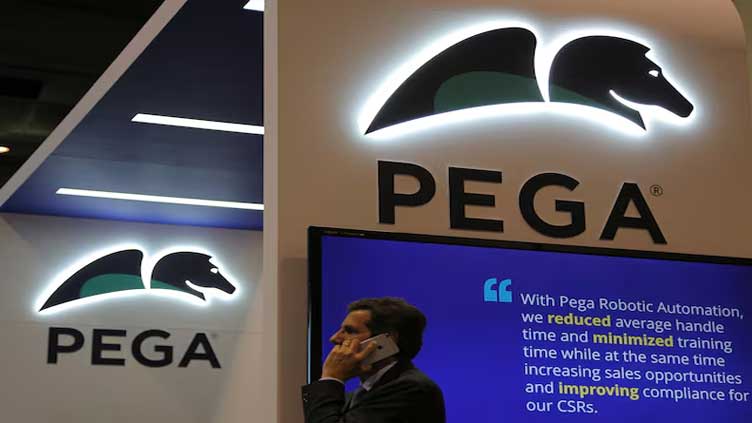Appian's $2 billion verdict against Pegasystems overturned by appeals court

Technology
Appian's $2 billion verdict against Pegasystems overturned by appeals court
(Reuters) - Software company Pegasystems convinced a Virginia appeals court on Tuesday to throw out a $2 billion jury verdict for rival Appian in a court battle over Pegasystems' alleged theft of Appian's trade secrets.
The award from 2022 had been the largest damages verdict in Virginia court history, the Court of Appeals of Virginia said in the decision.
“We are extremely pleased by today’s decision throwing out an award we believe was never rational," a Pegasystems spokesperson said in a statement.
Spokespeople for Appian did not immediately respond to a request for comment.
McLean, Virginia-based Appian had said in a 2020 lawsuit that Pegasystems hired a contractor to steal confidential information from Appian's software platform to improve its products and better train its sales force.
Appian said that Cambridge, Massachusetts-based Pegasystems referred internally to the contractor as a spy and to its scheme as "Project Crush," with Pegasystems employees using fake credentials to access Appian's software.
Pegasystems characterized "Project Crush" as competitive research in a 2022 statement.
A jury in Fairfax County, Virginia state court determined in 2022 that Pegasystems misappropriated Appian's trade secrets with "willful and malicious" intent and ordered it to pay Appian nearly $2.04 billion in damages.
Pegasystems' CEO said in a statement following the verdict that Appian's CEO "could not identify one trade secret that Pega had allegedly misappropriated" during the trial.
A Pegasystems attorney told the appeals court during a hearing last year that the verdict was "the result of a series of cascading errors that pose a threat to trade secret law and competition in Virginia," according to a court transcript.
Judge Frank Friedman agreed on Tuesday that the trial court had committed a "series of errors" related to jury instructions and evidence that required a new trial.


